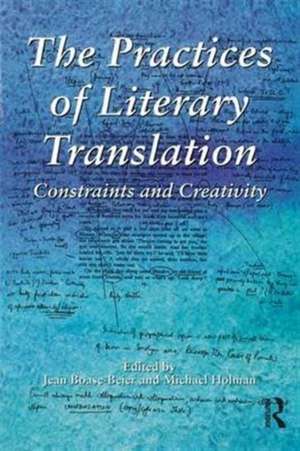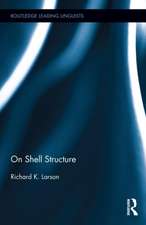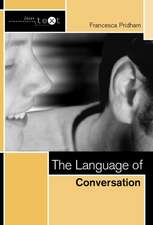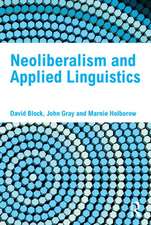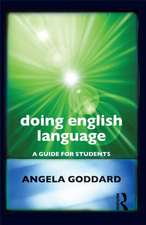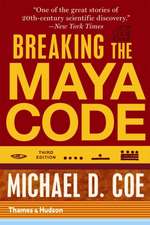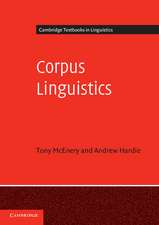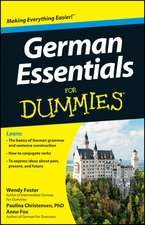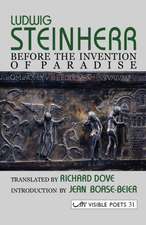The Practices of Literary Translation: Constraints and Creativity
Editat de Jean Boase-Beier, Michael Holmanen Limba Engleză Hardback – 11 apr 2016
Preț: 763.39 lei
Preț vechi: 1154.13 lei
-34% Nou
Puncte Express: 1145
Preț estimativ în valută:
146.09€ • 151.96$ • 120.61£
146.09€ • 151.96$ • 120.61£
Carte tipărită la comandă
Livrare economică 14-28 aprilie
Preluare comenzi: 021 569.72.76
Specificații
ISBN-13: 9781138142862
ISBN-10: 1138142867
Pagini: 180
Dimensiuni: 138 x 216 mm
Greutate: 0.41 kg
Ediția:1
Editura: Taylor & Francis
Colecția Routledge
Locul publicării:Oxford, United Kingdom
ISBN-10: 1138142867
Pagini: 180
Dimensiuni: 138 x 216 mm
Greutate: 0.41 kg
Ediția:1
Editura: Taylor & Francis
Colecția Routledge
Locul publicării:Oxford, United Kingdom
Public țintă
PostgraduateCuprins
Chapter 1 Introduction Writing, Rewriting and Translation Through Constraint to Creativity, Michael Holman, Jean Boase-Beier; Chapter 2 Baudelaire and the Alchemy of Translation, Emily Salines; Chapter 3 Not in Front of the Servants Forms of Bowdlerism and Censorship in Translation, Cormac Ó Cuilleanáin; Chapter 4 “The achieve of, the mastery of the thing!” Pierre Leyris’s Verse Translations of Gerard Manley Hopkins, Phyllis Gaffney; Chapter 5 Ideological Shifts in Cross-Cultural Translation, R. A. Megrab; Chapter 6 Bilingual Translation as a Re-creation of the Censored Text Rhea Galanaki in English and French, Claudine Tourniaire; Chapter 7 Realizing Theatrical Potential The Dramatic Text in Performance and Translation, Sophia Totzeva; Chapter 8 Changing Horses: Nabokov and Translation, Jenefer Coates; Chapter 9 Pushing the Limits of Faithfulness A Case for Gay Translation, Alberto Mira; Chapter 10 Moratín’s Translation of Hamlet (1798) A Study of the Paratexts, Juan J. Zaro; Chapter 11 “A danger and a veiled attack” Translating into Nazi Germany, Kate Sturge;
Notă biografică
Jean Boase-Beier, Michael Holman
Descriere
In their introduction to this collection of essays, the editors argue that constraints can be seen as a source of literary creativity, and given that translation is even more constrained than 'original' literary production, it thus has the potential to be even more creative too
